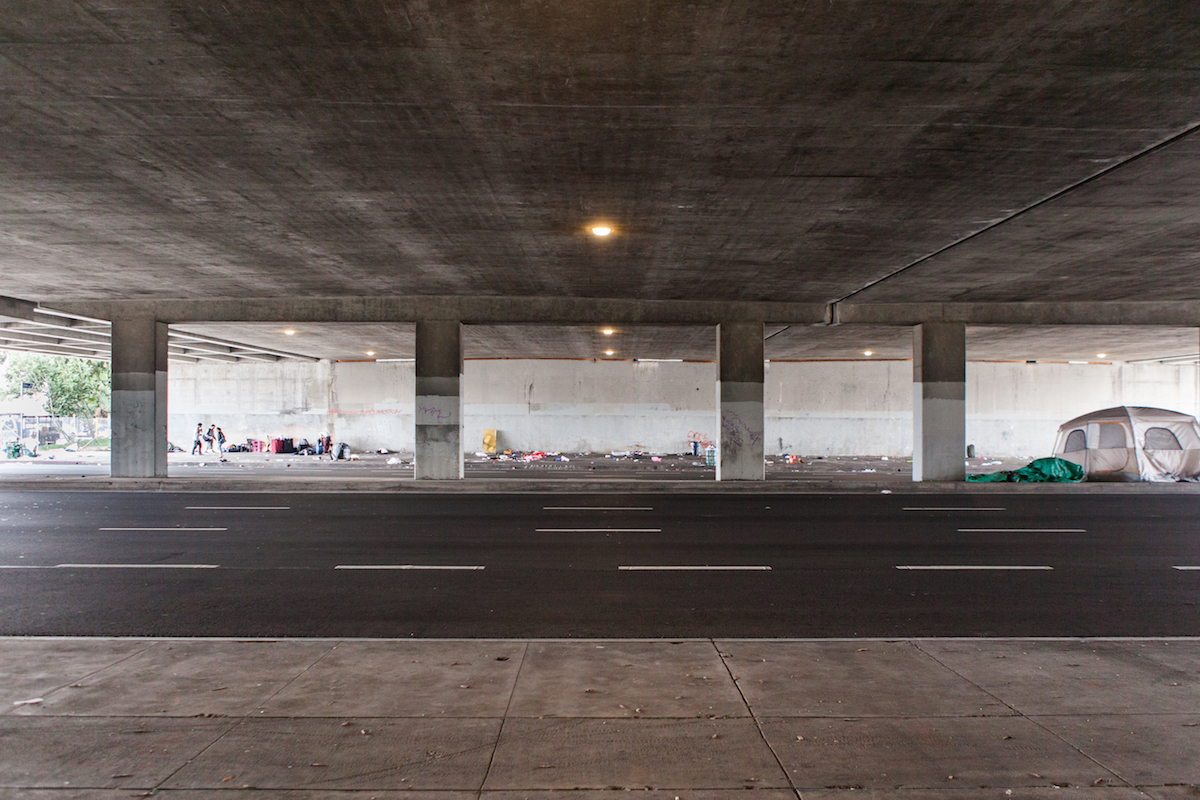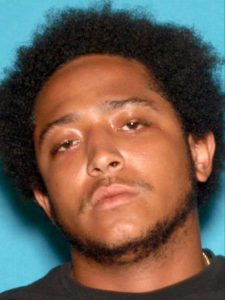Underpass focal point in debate around homelessness
By Sam Catanzaro
The 405 Freeway underpass at Venice Boulevard has become a focal point in the debate on how cities respond to homeless encampments and last week a meth citation and a proposal to install showers highlighted differences in how the City of Los Angeles and Culver City address what many are calling a public health emergency.
On August 20, the Culver City Police Department (CCPD) issued a citation to an individual experiencing homelessness for possession of methamphetamine during routine sanitation of the encampment at the 405 underpass on Venice Boulevard. According to the CCPD, officers issued the individual a non-monetary citation for the offense ordering them to appear in court.
CCPD officers were on scene as part of a weekly joint cleanup effort between the City of Los Angeles and Culver City, two cites that often are at odds in approaches to dealing with homelessness within their respective borders.
Part of Los Angeles City Councilmember Bonin’s and LA’s approach to dealing with homeless encampments such as the one under the 405 has been through increased sanitation efforts. The same week that CCPD issued a citation for an arrest, City of LA sanitation crews laid the groundwork to install a public shower hookup on the corner of Globe Avenue and Venice Boulevard near the encampment.
According to Bonin, the showers are not permanent and will be brought in twice a week for individuals experiencing homelessness living under the 405.
The north side of the underpass, which regularly has more tents and belongings, is under LA jurisdiction while Culver City maintains the south side. In June, Bonin accused neighboring cities of pushing individuals experiencing homelessness into Los Angeles.
“It is maddening to hear reports from unhoused neighbors about how they are forbidden by police in neighboring cities from sleeping on sidewalks there and are directed to Los Angeles sidewalks,” Bonin said.
Bonin, along with Councilmember Joe Buscaino, is currently looking into ways LA can take legal action against neighboring cities like Culver City for violating the 2018 Martin v. City of Boise decision by a federal court that ruled cities cannot ban people from sleeping on the street if there is not adequate shelter.
“Residents have asked why there are encampments on their sidewalks, but not the sidewalks of neighboring cities,” Bonin said in a press release. “They understandably have felt that if sidewalk encampments were legal in Los Angeles but not in neighboring cities, people experiencing homelessness would naturally gravitate to Los Angeles neighborhoods, increasing the obligation on Los Angeles to house a growing unhoused population, and making it virtually impossible to provide sufficient housing or shelter.”
























